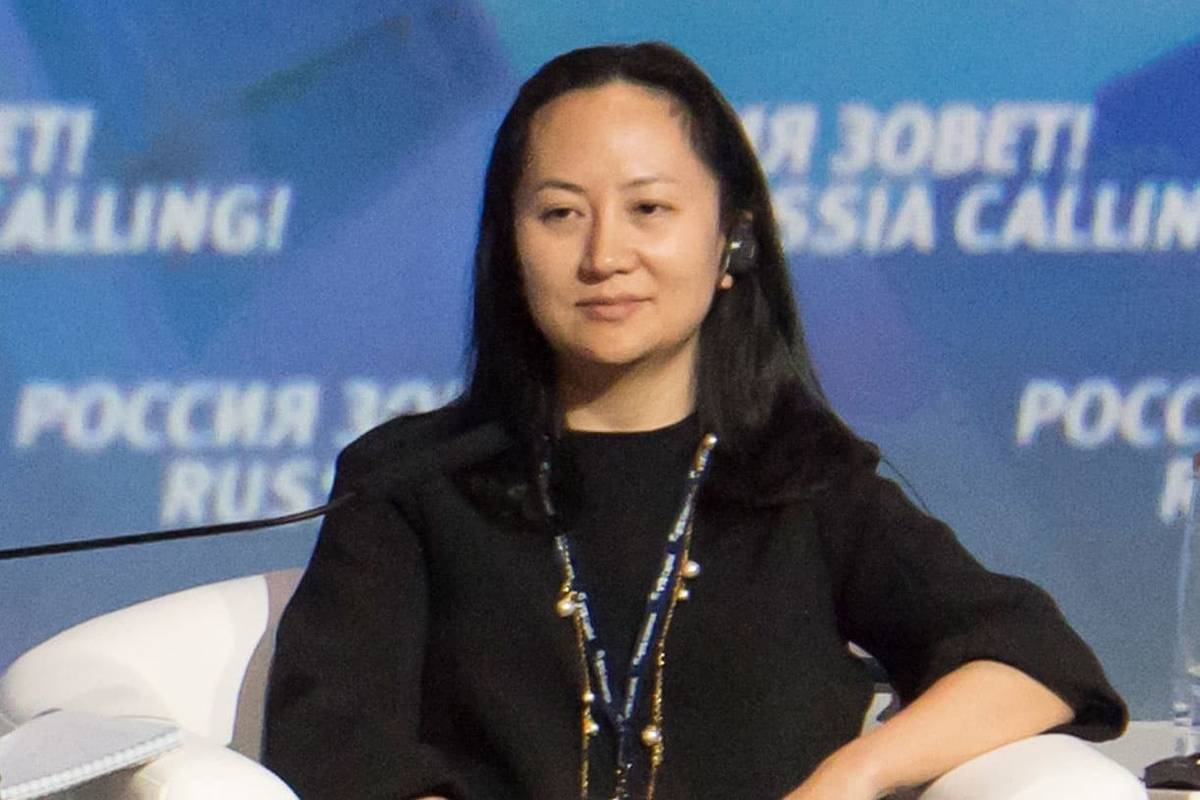The arrest of Meng Wanzhou, the Chief Financial Officer of Huawei Technologies, by Canadian authorities in December 2018 has amplified concerns over the escalating trade war between the United States and China.
Huawei, which is a Chinese multinational technology company, is one of the world’s largest producers of telecommunications equipment and smartphones. Meng, who is also the daughter of Huawei’s founder, Ren Zhengfei, was arrested in Vancouver at the request of the United States, on allegations of fraud related to U.S. sanctions against Iran.
The move has been viewed as a major escalation in the ongoing trade disputes between the world’s two largest economies.
In the years that followed, Huawei has been placed on a U.S. Commerce Department blacklist, restricting its access to American technology and sparking global fears that the trade war might turn into a ‘tech war.’
While the U.S. has long accused Huawei of espionage on behalf of the Chinese government, the arrest of Meng seems to add a new dimension to the tensions.
The ripple effect of this event has been felt globally.
Shortly after the arrest, China detained two Canadians on charges of espionage, widely seen as a retaliatory act. Meanwhile, the arrest has complicated relationships between Canada and both the U.S. and China, putting Ottawa in a difficult position.
The Canadian government has faced criticism for its involvement in the arrest, as some see it as acquiescence to U.S. interests at the cost of its own diplomatic relations.
Conversely, a refusal to cooperate with the U.S. could have meant complications in Canada’s own trade and security relationship with its southern neighbor.
As governments and corporations worldwide continue to grapple with the ramifications of Meng’s arrest, the episode underscores the increasing entanglement of trade issues with geopolitical tensions.
With every move in this complex international chess game, concerns grow that global trade could become the first casualty in a new Cold War.
The arrest of Huawei’s CFO not only complicates Sino-American relations but raises urgent questions about the global repercussions of technological competition and trade war.





